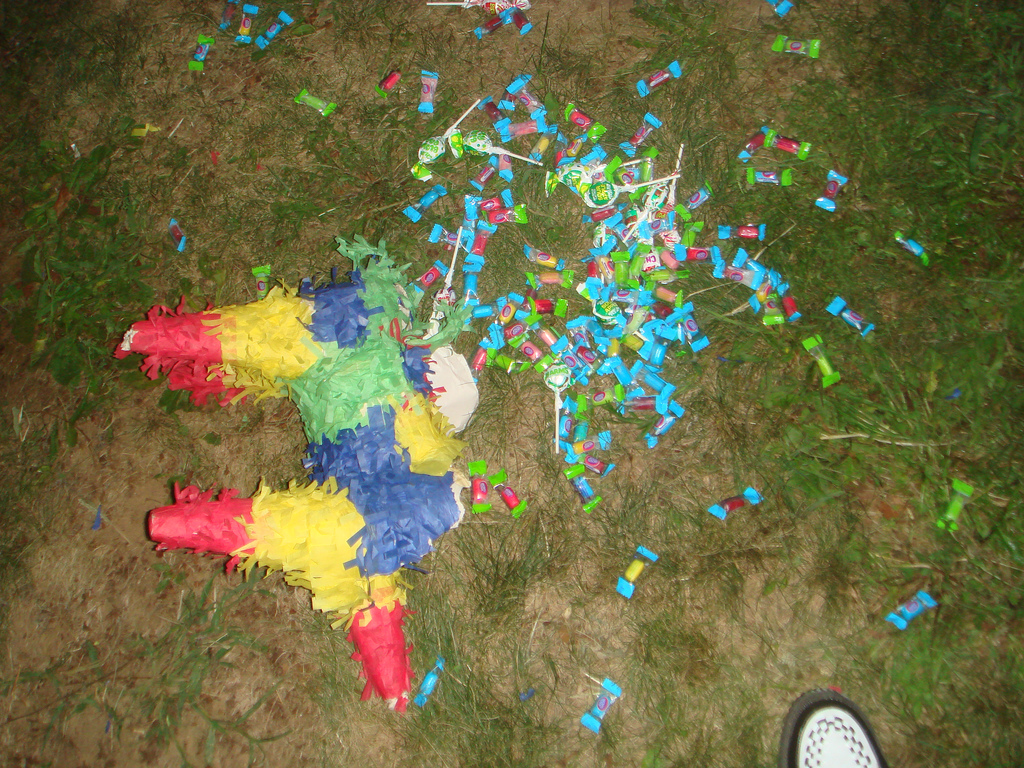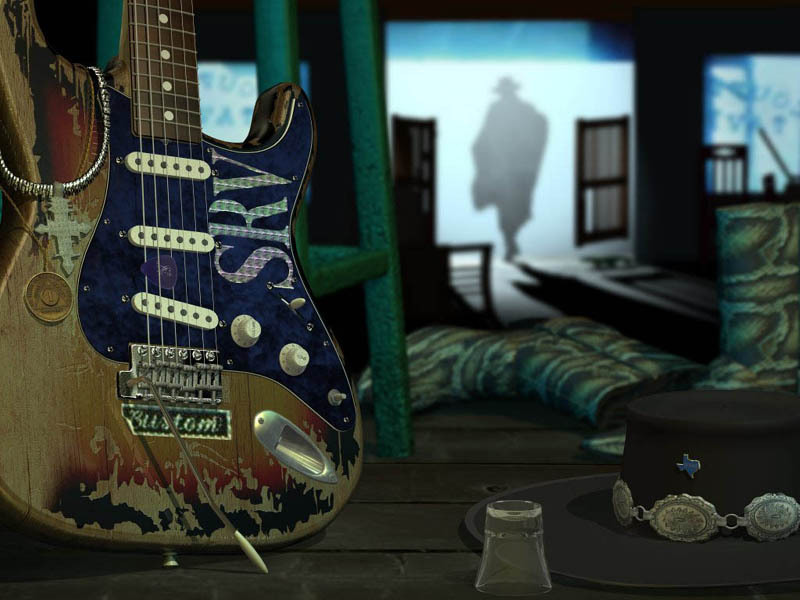When my grandparents were alive, our family had this ritual on Sunday evenings. Our whole family would gather at my grandparents’ house and sit around the kitchen table. As far back as I can remember, my mom and dad, my brother and I, mom’s sister Carol and her husband Pat and their kids Missy and Kris would meet up and peruse the Sunday paper, eat snacks, and tell stories. I have so many memories that all jumble up together of the kids playing in the house while the adults monopolized the table, drank coffee, smoked cigarettes (back before they all quit,) and talked about things that were generally boring as hell to us kids.
As we got older, married, and moved away the kids’ visits were less frequent, especially when one or more of us moved any farther than an hour’s drive away. But this ritual, this weekly gathering was formative to all of us. Something about it made us who we are and defined our relationships with one another.
As I got older, my dad developed a sub-ritual. See, my dad was a person who shared what he loved. If he loved a movie and he thought you’d enjoy it, he might drop by your house with the DVD and insist you watch it. I can’t begin to count the copies of “Where The Sidewalk Ends” by Shel Silverstein he bought just so he could give them away to anyone he thought would enjoy it.
But he wasn’t always content with just sharing these gifts with you, he wanted to see you experience it. He wanted to see the delight in your face as you got the jokes or felt the feelings. He wanted to see your face and your tapping toes as he played you the latest song he was obsessed with. He wanted to watch that funny movie with you to hear you laugh at the same jokes that made him laugh. He didn’t just want you to experience it, he wanted to experience it with you.
And here’s where the sub-ritual begins. As I became an adult and my brother and I moved up from the kiddie table, the conversation around my grandparents’ kitchen table would get stale or uninteresting and he would invite someone around the table to join him in his van where he would play you the latest song that preoccupied his gray matter. “Willie, come outside with me. I want you to hear something.” I’m sure I’d sigh and roll my eyes because I knew what was coming. There was no getting out of it. I was going to the van, We would sit in the van, just the two of us, and he would cue the song up. “I want you to listen to this,” he’d say expectantly.
“I’ve heard this. I bought you this CD,” I’d say. “I know, just listen to this.” And then he would play the song, snapping his fingers (often off-time, or even worse, on the 1 and 3) while watching me intently for my reaction to it.
Over the years, he delighted in funny details of his favorite songs. A live version of Samson and Delilah by Rev. Gary Davis featured a moment where Davis had to clear his throat to continue singing, and it made dad light up with joy every time he heard it. He’d play Joe Turner by Mississippi John Hurt, and explain every time that mom thought he was saying “Joe Turtle.” There was a constant rotation of Taj Mahal, Tony Joe White, Etta James (“MISS Etta James” as he called her,) Leon Redbone, John Lee Hooker (including one CD mom hated so much she ejected it from the CD player and threw it out the van window onto the highway,) and others. I can’t begin to count the times he made us listen to Rough Side of the Mountain by Rev. FC Barnes. “You know what time it is? It’s time to climb up the ROUGH side!” He played that one for us so many times we all hoped that after that phase passed we’d never hear it again.
It made us crazy. We all got tired of that routine. It was constant. Relentless. “Oh, dear God, not again,” or some variant of that would run through our heads as we took the walk out to the curb in front of my grandparents’ house to listen to his new favorite song ever one more time. It kind of became a family joke.
Truth be told, there was nothing new in that ritual. He would fire up his new favorite obsession on the home stereo for any company we had in the house. I remember one year that no one could come over without hearing Linda Ronstadt’s version of Blue Bayou, delighting in the moment she masterfully switches her vocal from a whisper to a belt. “I’m going back someday, come what may, to Blue Bayou!”
It was only after I returned home for his memorial service that I learned something that blew me away.
I’m a musician. I consider myself a pretty good guitarist for a pastor, and a pretty good pastor for a guitar player. I learned the basics of overdubbing and multitracking with a boombox in high school and have been making music one way or another since. And when I’d make something new I’d give it to dad.
It turns out that he invited his friends from work and the golf course to come out to the van with him, just like he did with my brother, our kids, and me. And as often as he took his friends up the Rough Side or to Blue Bayou or to meet Joe Turtle, he played my songs for them. He was exceedingly proud of whatever I threw his way, and couldn’t wait to brag to his friends how much he loved it.
I’m pretty damn mediocre as musicians go, and even less skilled as a producer. But in his eyes I knew exactly what I was doing and he was proud. He was my fan club. If I’d had the notion to release music to the public he’d have been my Street Team. To him, my music sat alongside that of his heroes like Mississippi John Hurt, Jimmy Reed, and Leon Redbone. I guess at times I was his new musical obsession.
I’ve not only lost my dad, I’ve lost my biggest fan. Not just the biggest fan of my music, but of me. If I was in trouble, he was in line to bail me out in any way he could. When the pipes in my house froze, he braved the treacherously icy roads for miles to crawl under the foundation with a butane torch to get things flowing again. When I went through a painful divorce he was right there being my rock and helping me hold my head up. The man would move heaven and earth to help me when I needed it. And he’d do the same for my brother, our half-sibs, and all of our kids.
And today I find myself in the throes of grief. My eyes leak randomly. My appetite goes from zero to insatiable at weird intervals. I feel like there’s a dad-shaped hole in my gut that won’t go away. I even have to pee more often than usual, a weird effect of grief and shock I didn’t anticipate. My grief walks along beside me like a noisy friend who is determined to remind me he’s still here, as if I could forget.
Dad’s gone. The van’s gone, too, a story for another day. But dammit, I want one more trip out to the van with my dad. I want to see that goofy grin. I want to hear him snap his fingers off-time and ask, “how does he keep that beat?” I want one more awkward, uncomfortable stare as he watches for my reaction to the song he’s playing.
I’d even climb up the Rough Side of the Mountain with him one more time. But I can’t. I’m left to climb up the rough side of Grief Mountain alone with my memories of him.
I miss you, Dad. Play it one more time for me.


